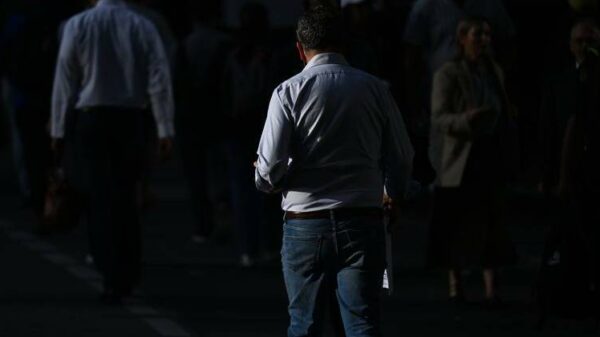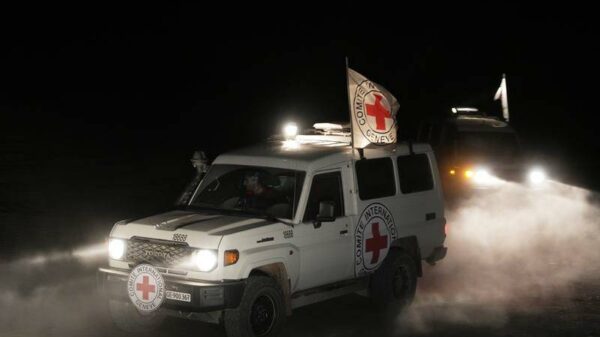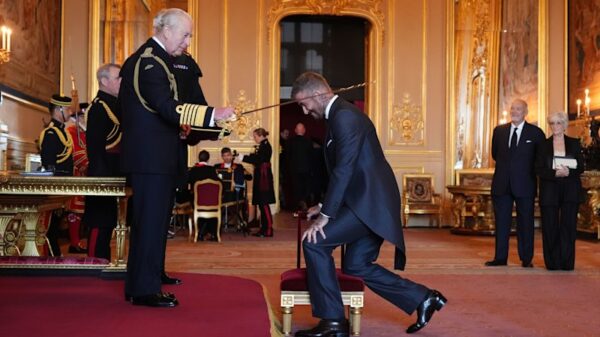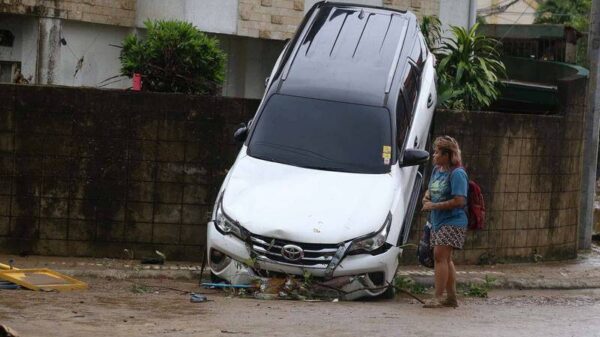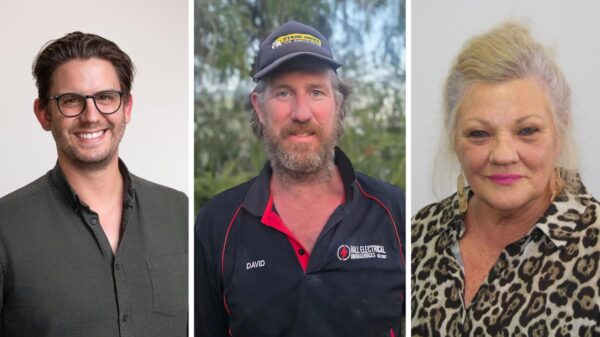Dr. Nick Coatsworth, a prominent Australian physician, has raised significant concerns regarding the dangers associated with freebirths—births conducted outside of hospital settings—during an interview on the program Today. He emphasized that while some women may choose this approach for various personal reasons, the lack of professional medical assistance can pose serious risks to both mothers and infants.
Freebirths, which have gained attention in recent years, often stem from a desire for a more natural birthing experience. However, Dr. Coatsworth highlighted that the absence of trained medical personnel increases the likelihood of complications. These can include severe hemorrhaging, infections, or difficulties during labor that could endanger the life of both mother and child.
In his statements, Dr. Coatsworth referred to data illustrating that emergency interventions are often necessary in childbirth. He noted that approximately 20% of births require some form of medical assistance, underscoring the unpredictability of labor. The doctor stressed that childbirth can be an unpredictable process, and being unprepared for emergencies can lead to tragic outcomes.
Dr. Coatsworth’s comments come at a time when public health experts are urging expectant mothers to consider the potential risks of freebirth. He explained that while some women may feel empowered by the prospect of giving birth in a familiar environment, it is critical to weigh the potential health risks involved. “The safety of both the mother and the baby should always come first,” he stated.
Australia’s healthcare system offers numerous options for maternity care, ranging from hospital births to midwife-assisted deliveries. Dr. Coatsworth advocates for these established methods, which are designed to ensure the safety and well-being of both the mother and child. He encouraged women to consult with healthcare professionals when planning their birthing experiences.
The discussion surrounding freebirth is part of a broader conversation about maternity care choices in Australia and elsewhere. While advocates for freebirth argue that it allows for greater autonomy, critics, including Dr. Coatsworth, contend that the lack of immediate medical support is a significant drawback.
As the dialogue continues, it is evident that the decision regarding where and how to give birth is deeply personal, but it is also one that should be made with a thorough understanding of the associated risks. Dr. Coatsworth’s insights serve as a reminder for expectant parents to prioritize safety in their birthing plans.






